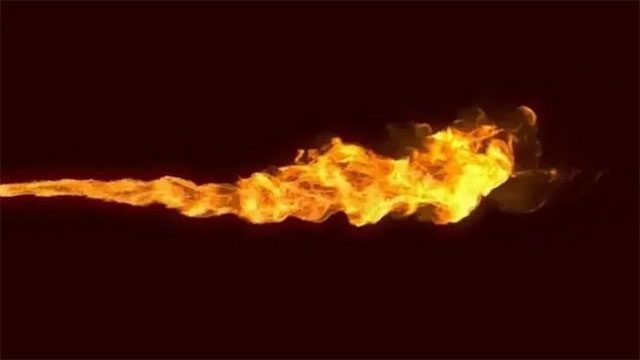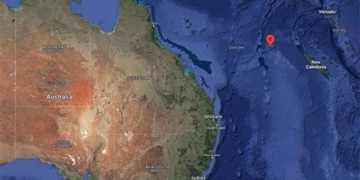All animal species on Earth have their own ways of survival. After a long process of evolution, many animals have developed unique “special skills,” with some even possessing extraordinary abilities such as electricity generation (for example, the electric eel).
So, are there any animals on Earth that can breathe fire? The answer is no!
As we know, the species that can breathe fire exist only in many myths, legends, or fictional stories. In the real world, both in the past and present, there are no animals that can exhale fire. Thus, the question arises: why have no animals evolved to breathe fire on Earth?
To create fire, three main components are required: flammable substances, an oxidizer, and an ignition source. Since oxygen in the Earth’s atmosphere is a good oxidizer, if a certain animal could produce flammable substances within its body and expel them at the right moment, it could potentially breathe fire without being harmed.
In reality, many animal species on Earth have the ability to “produce flammable substances in their bodies and expel them.” Regarding the ignition source, animals have also evolved electric discharge mechanisms, which could serve as an ignition source.

Animals that breathe fire exist only in legends. (Illustrative image).
Theoretically, animals on Earth could evolve to breathe fire, but why has this evolution not occurred?
All existing animal species on Earth, without exception, utilize slow oxidation reactions to convert chemical energy into the energy they need.
For example, if a person weighing 60 kg runs 10 km at a constant speed in one hour, the energy expended would be approximately 630 kcal, equivalent to the energy released after burning 0.08 liters of gasoline. From this, we can clearly see that the energy efficiency for breathing fire is very low.
On the other hand, if animals were to evolve the ability to breathe fire, it must serve a specific purpose. What could the ability to exhale fire be used for? Perhaps for attack or defense. However, regardless of the purpose, breathing fire would require a substantial amount of fuel to achieve the desired effect. In fact, the energy consumed by an animal exhaling fire once might be enough for it to function for several days, or even longer.
It is essential to understand that the life activities of animals are inseparable from energy acquisition and utilization. Since energy in nature is often hard to obtain, animals tend to evolve to use energy more efficiently. Otherwise, they risk losing their survival advantage and being ruthlessly eliminated by nature. Therefore, from an evolutionary standpoint, breathing fire is not a favorable option.
In summary, although theoretically, animals on Earth have the potential to evolve into fire-breathing creatures, the energy efficiency of exhaling fire is very low, and doing so would severely jeopardize the survival of the animals themselves. This is precisely why no animal species has evolved the ability to breathe fire on Earth!


















































